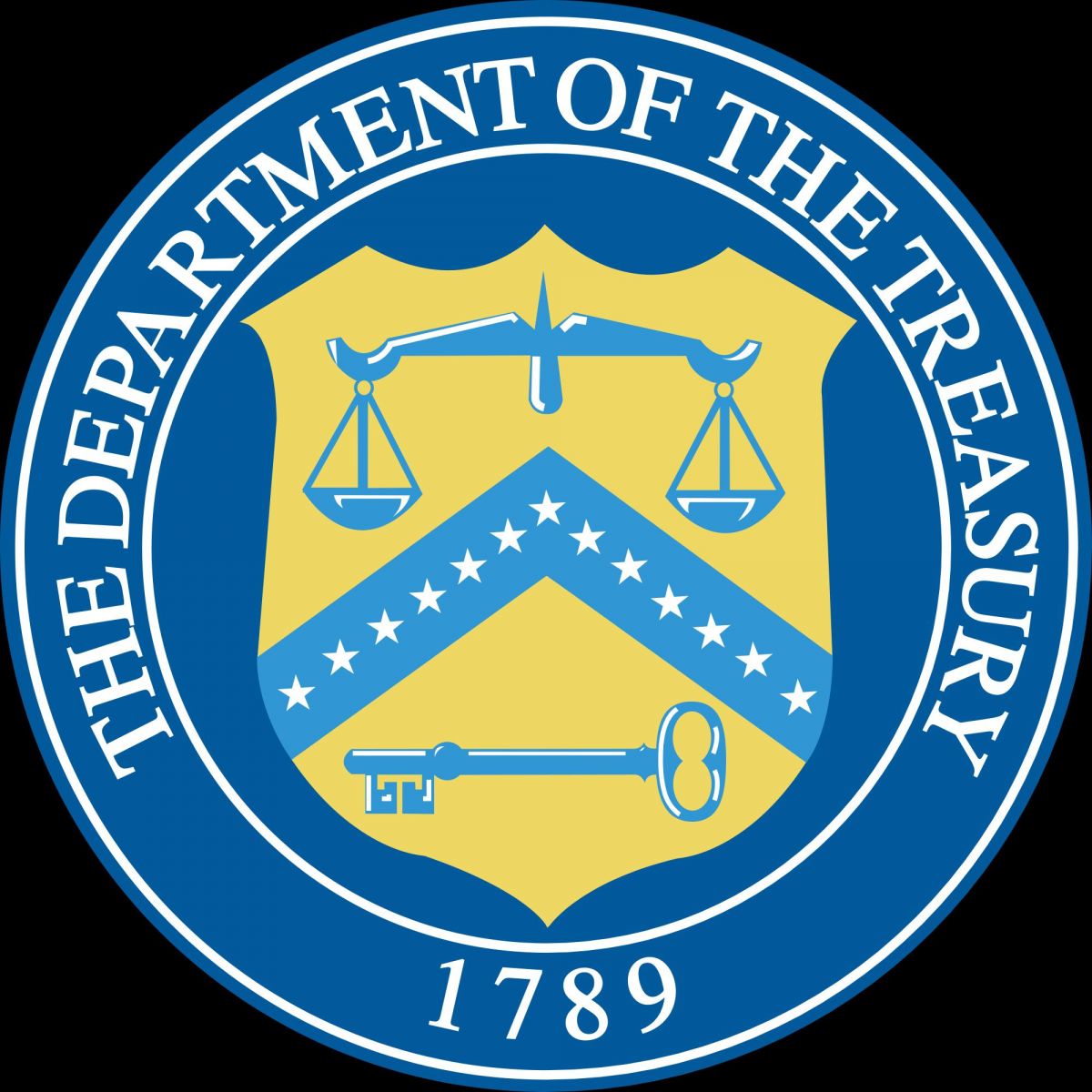Compliance
US Treasury Postpones AML, CTF Regulations For Two Years

Despite the delay, RIAs are urged to begin the process of complying with requirements for the new rule sooner rather than later. There is a general trend of governments tightening controls on money laundering and other illicit financial behaviour.
The US Treasury has postponed introducing its new anti-money-laundering and counter-terrorism financing regulations by two years until 1 January 2028. The government said it wants to “ensure efficient regulation that appropriately balances costs and benefits.”
Ironically, the announcement comes days after Family Wealth Report (sister news service to this one) issued several articles (here, here, and here) spelling out the work that RIAs, some of which are multi-family offices, must do to prepare for the regulations, originally slated for the start of 2026.
The Treasury’s Financial Crimes Enforcement Network (FinCEN) yesterday announced the delay. It said it would revisit the scope of the requirements for RIAs and “exempt reporting advisers at a “future date.” The regulations are known as the “IA AML Rule.”
“The IA AML Rule seeks to address ongoing illicit finance risks, threats, and vulnerabilities posed by criminals and foreign adversaries that exploit the US financial system and assets through investment advisers,” the Treasury said in its statement. “FinCEN recognizes, however, that the rule must be effectively tailored to the diverse business models and risk profiles of the investment adviser sector.
“FinCEN also recognizes that extending the effective date of the rule may help ease potential compliance costs for industry and reduce regulatory uncertainty while FinCEN undertakes a broader review of the IA AML Rule,” it said.
Despite the delay, RIAs are urged to begin the process of complying with requirements for the new rule sooner rather than later.
“While FinCEN will work through the rulemaking process to extend the effective date, FinCEN intends to provide the IA sector with regulatory certainty by issuing appropriate exemptive relief delaying the effective date,” the Treasury said. “During the delayed effective date, FinCEN intends to revisit the substance of the IA AML Rule through a future rulemaking process and, together with the Securities and Exchange Commission, also intends to revisit the joint proposed rule establishing customer identification program rule requirements for investment advisers, Customer Identification Programs for Registered Investment Advisers and Exempt Reporting Advisers.”
While this is a delay, it is unclear at this stage what the final shape of new regulations will be. Under the Donald Trump administration, there has been a tendency to row back from certain regulatory moves. Controversially, earlier this year, the US narrowed the scope of the beneficial ownership reporting requirements under The Corporate Transparency Act. (See here for a detailed analysis from this news service.)
(Editor's note: Ironically, the US has in the past been vigorous in pursuing alleged launderers of illicit funds from abroad, for example where banks have allowed AML and other controls to be weak for sanctioned countries. Whatever the gyrations of the political cycle, it should be clear that the most powerful economy in the world should set a clear standard, although it is certainly important to weigh that requirement against the practicalities of such rules, given the frictional costs this can give rise to.)
For those in the sector who wish to comment on this issue, please email the editor at tom.burroughes@wealthbriefing.com.